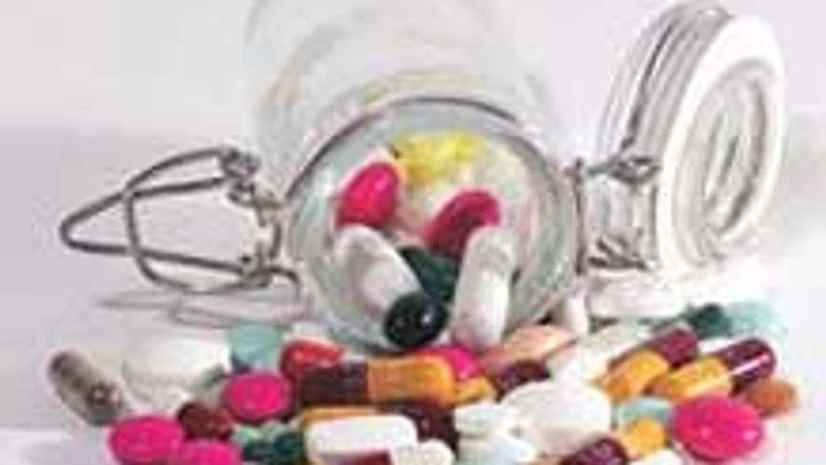The government's ambitious plan to implement the free drug distribution programme on priority might face capacity constraint roadblocks. While the government plans to procure 348 essential medicines for the project in bulk, the generic drug manufacturing industry is hesitant to dedicate capacities on low margins. The industry complains it is already selling those 348 essential medicines at a regulated price. Besides, prices of other medicines are also being indirectly capped by the regulator, leaving no room for them to either invest in building new facilities or expand the current ones.
Moreover, drug makers say the government's procurement price would be further low from its already fixed ceiling price, which may be unviable for the industry to dedicate capacities.
In the last week of May, soon after taking charge as Union minister for health and family welfare, Harsh Vardhan had called for streamlining of logistics including procurement and distribution systems to implement the free drug distribution programme, which was announced by the previous United Progressive Alliance (UPA) government.
More From This Section
"We understand the government's concern about making essential medicines available to those who cannot afford them, but to address this, there has to be an element of cross-subsidy. The government cannot control prices of all drugs, even non-scheduled products, and then expect the industry to supply medicines at a lower rate for free drug distribution," said the senior executive of a domestic pharma company.
According to the executive, the ratio between government procurement price and the price to the retailer is estimated at 1:5. The industry's contention is the price to retailer is capped and the government is trying to cap prices of drugs outside price control, making it unviable for the industry.
The industry also pointed the issue in a letter recently written to Vardhan. "In order to provide quality medicines free of cost to deserving patients who cannot afford treatment cost of specified diseases (HIV Aids, TB, Malaria, Cancer, etc), the pharmaceutical industry is willing to cooperate with the government to provide required medicines at special rates," Indian Pharmaceutical Alliance (IPA), representing leading drug makers such as Cadila Healthcare, Lupin, Glenmark, Sun Pharma and Dr. Reddy's Laboratories, said in the letter.
Meanwhile, IPA highlighted that for rest of the diseases, the government needs to "strengthen its procurement mechanism". "Both these programmes can be so designed that the pharmaceutical industry can cross-subsidise access programmes from their private market sales," the letter said.
The Planning Commission had estimated that the free generic drug programme would cost Rs 28,560 crore during the 12th Plan period (2012-2017) and had made its first financial allocation during 2012-13. While the Centre would bear 75 per cent of the cost, the states are supposed to contribute 25 per cent. Under the programme, 348 drugs under the National List of Essential Medicines are to be provided free from 160,000 sub-centres, 23,000 primary health centres, 5,000 community health centres and 640 district hospitals by the end of the programme.
Currently, around 20 per cent of the Rs 79,000-crore domestic pharmaceutical market is under the direct control of the government as it caps prices of 348 essential medicines.
Industry analysts suggest that to procure medicines worth over Rs 28,000 crore according to the free drug distribution plan, the government would need industry to dedicate at least twice the capacity currently utilised in manufacturing those 348 drugs.

)
